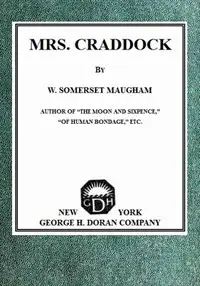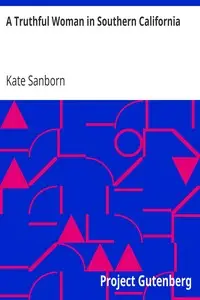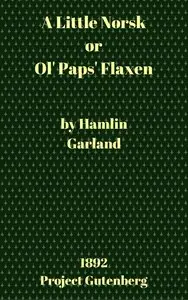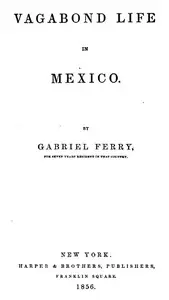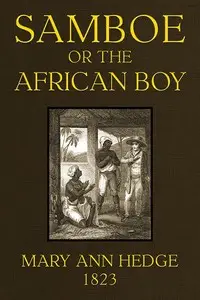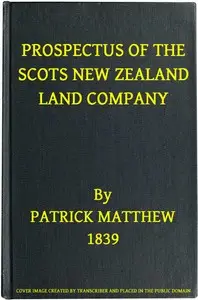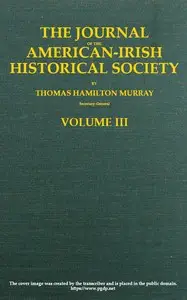"Landed Gentry: A Comedy in Four Acts" by W. Somerset Maugham is a play likely written in the early 20th century. The narrative explores the complexities of social class and morality, focusing on the lives of the Insoley family, particularly Claude Insoley, as they navigate the pressures of societal expectations and personal dilemmas in rural England. The play delves into themes of reputation, the consequences of scandal, and the burgeoning class tensions of the time. At the start of "Landed Gentry," a gamekeeper, Gann, arrives at the residence of Claude Insoley. Claude informs Gann that his daughter, Peggy, who has returned from London under distressing circumstances, must leave the estate due to established rules concerning moral conduct. Tension heightens as Gann pleads for compassion, insisting that Peggy deserves a second chance, and this sparks discussions among various characters about the rigid social mores tied to land ownership and reputation. Meanwhile, Grace Insoley openly expresses her discontent with her life and the stifling nature of her surroundings, hinting at deeper conflicts within her marriage to Claude and foreshadowing trouble ahead as they navigate the fallout from Peggy’s predicament. (This is an automatically generated summary.)
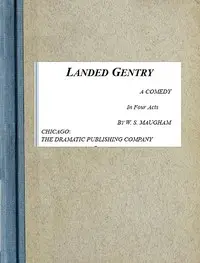
Landed Gentry: A Comedy in Four Acts
By W. Somerset (William Somerset) Maugham
"Landed Gentry: A Comedy in Four Acts" by W. Somerset Maugham is a play likely written in the early 20th century. The narrative explores the complexit...
William Somerset Maugham was an English writer, known for his plays, novels and short stories. Born in Paris, where he spent his first ten years, Maugham was schooled in England and went to a German university. He became a medical student in London and qualified as a physician in 1897. He never practised medicine, and became a full-time writer. His first novel, Liza of Lambeth (1897), a study of life in the slums, attracted attention, but it was as a playwright that he first achieved national celebrity. By 1908 he had four plays running at once in the West End of London. He wrote his 32nd and last play in 1933, after which he abandoned the theatre and concentrated on novels and short stories.

